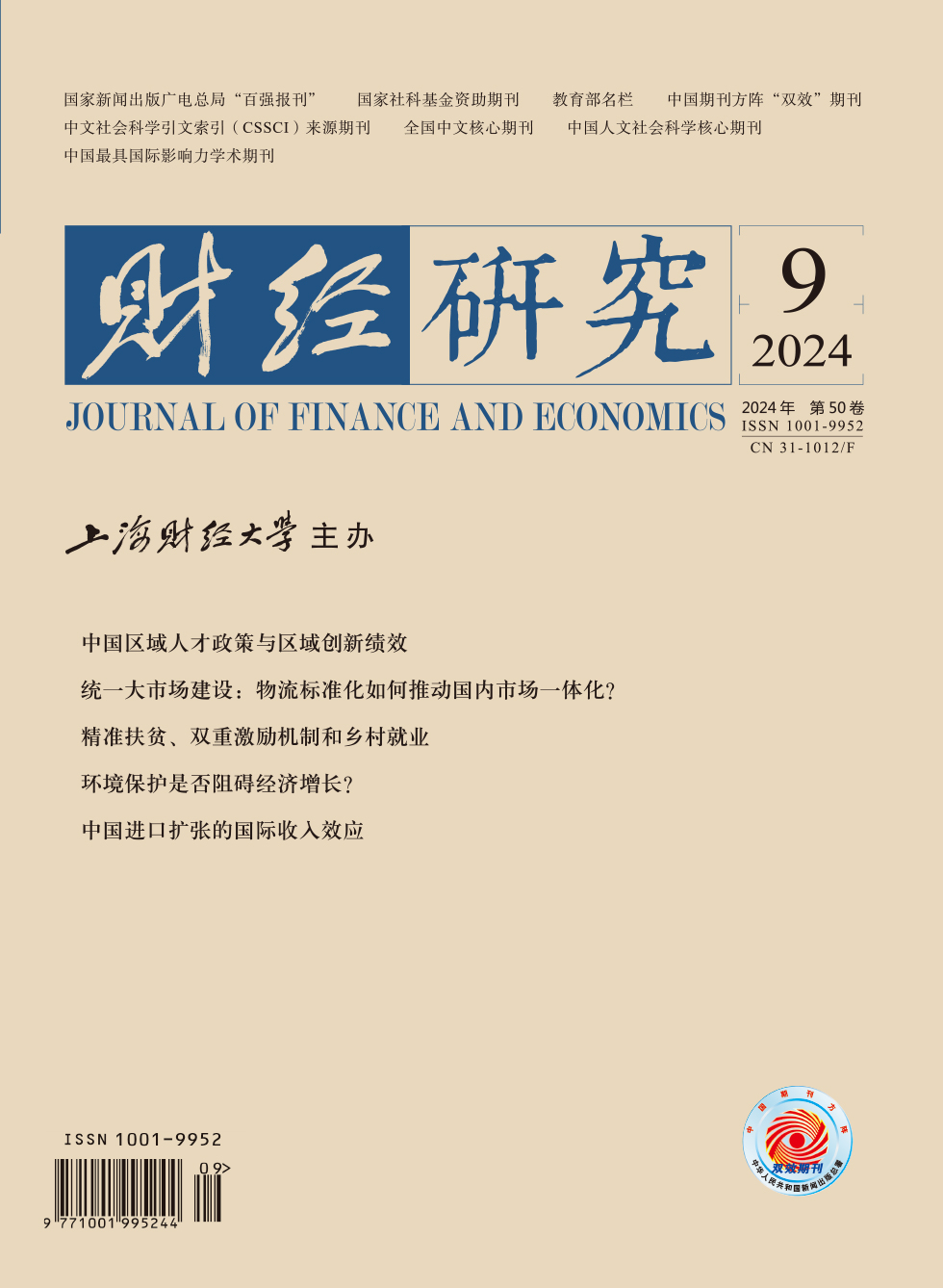With the intensification of anti-globalization trends in recent years, coupled with the prolonged downturn in the world economy and the contraction of global market demand, the importance and necessity of accelerating the establishment of the unified national market have become increasingly prominent. The modern logistics system plays a fundamental role in the national economic cycle and is a crucial focal point in accelerating the construction of the unified national market.
This paper systematically elucidates the theoretical mechanism of logistics standardization in promoting domestic market integration from the perspective of “software construction” of the modern logistics system. Using the national logistics standardization pilot program as a quasi-natural experiment, it empirically tests the impact and mechanism of logistics standardization construction on domestic market integration, and analyzes the moderating effect and heterogeneity of this impact, providing theoretical explanations and policy implications from the perspective of logistics standardization for the construction of the unified national market.
The results show that logistics standardization construction can effectively promote the process of domestic market integration. Mechanism testing shows that the expansion of the purchase and sales scope of enterprises in pilot cities, the reduction of external transaction costs, and the improvement of inventory turnover speed are important mechanisms through which logistics standardization promotes domestic market integration. Moderating effect analysis reveals that transportation infrastructure and digital infrastructure play significant positive roles in the relationship between logistics standardization and market integration. Heterogeneity analysis indicates that the promotion effect of logistics standardization on market integration is mainly reflected in cities with larger market scales, higher logistics hardware foundations, and higher levels of e-commerce development.





 4771
4771  7606
7606

